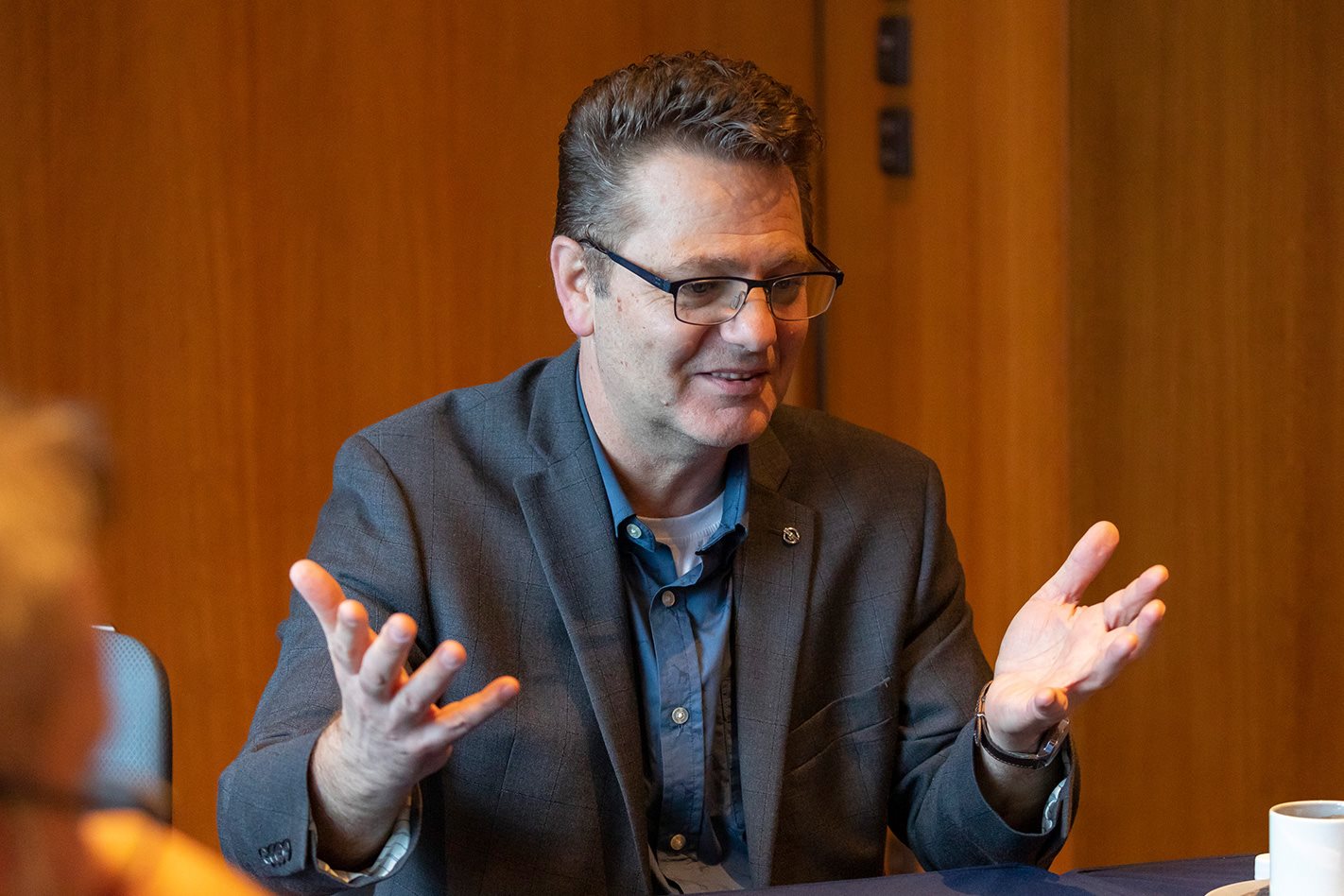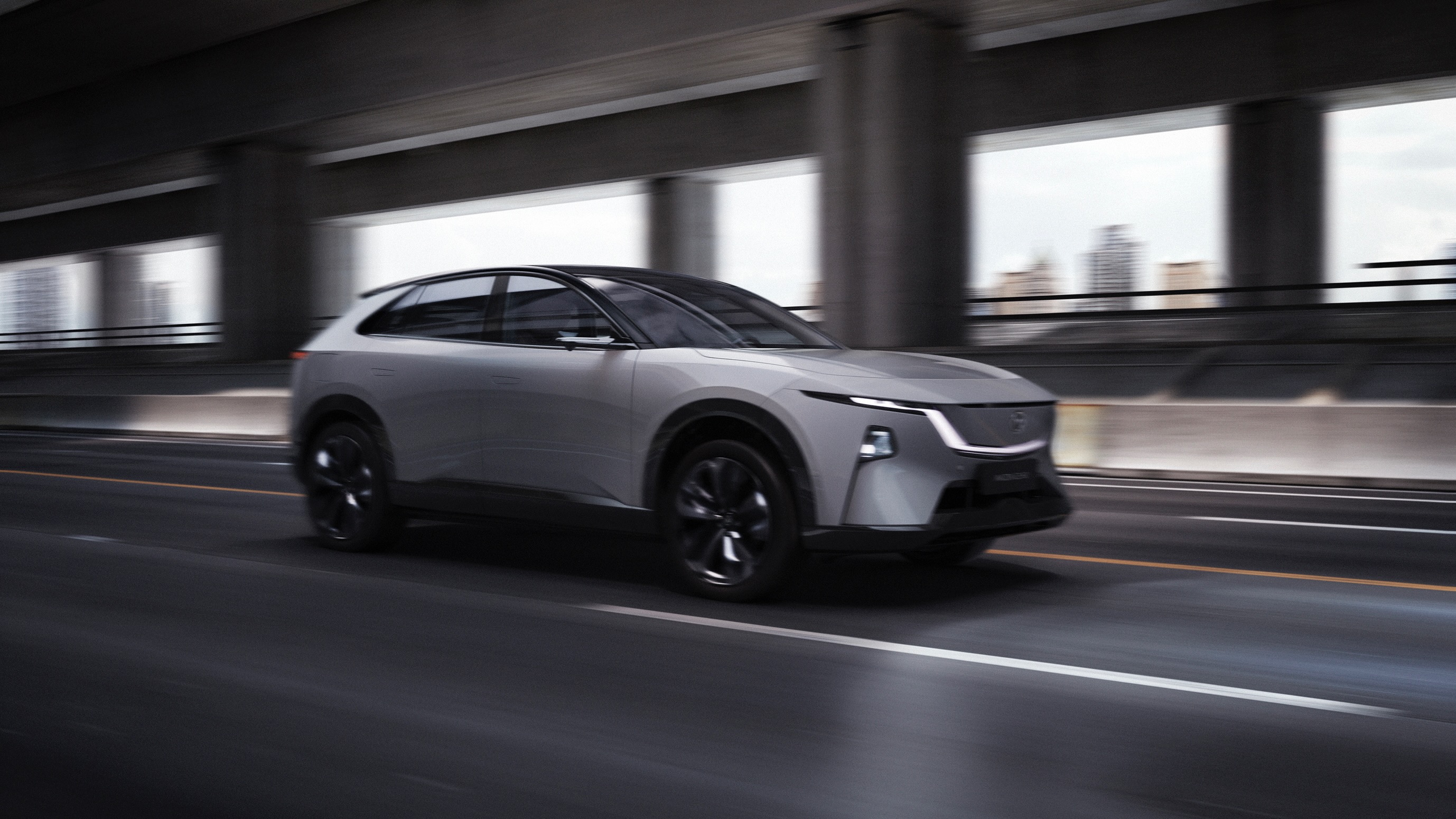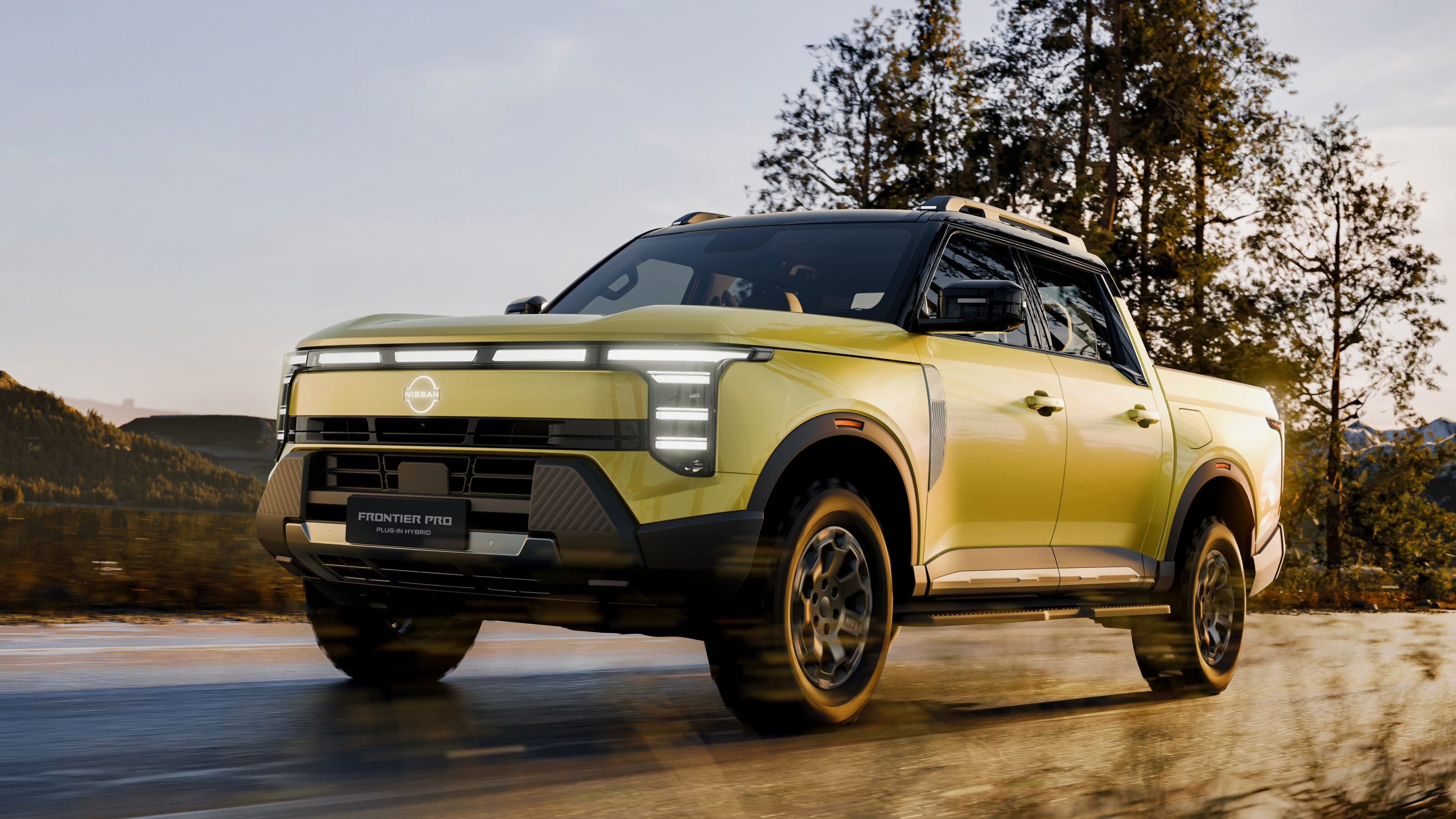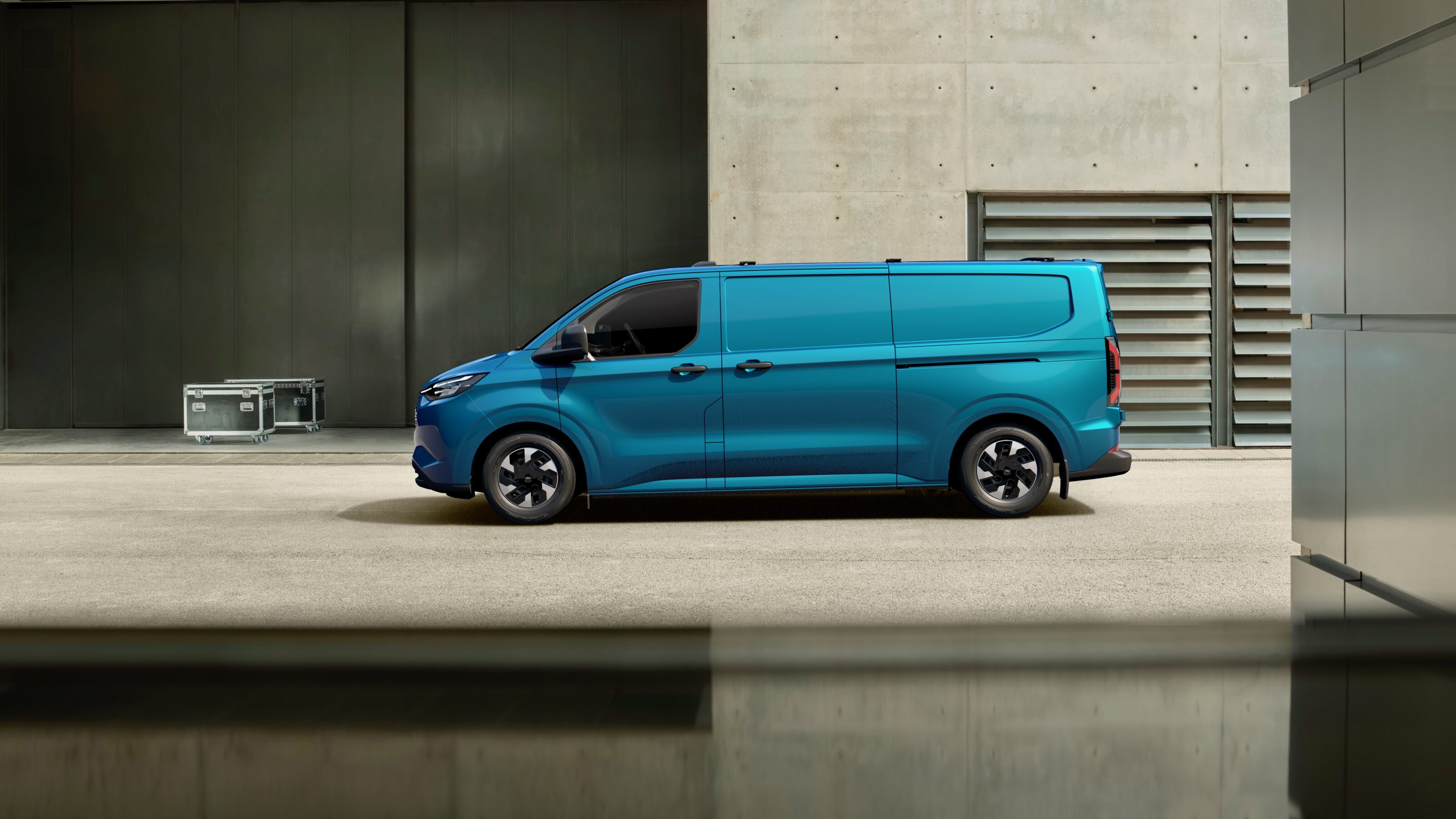Everyone is well aware that building a fully functioning self-driving car is difficult.
Some of the biggest, most well-funded companies in the world are investing huge sums of money into solving the problem, and still the issue is unresolved.
However, to put the difficulties each company is facing into perspective, consider this: a man who spent over a decade helping the human race touch the outer reaches of our universe is facing the challenge of his life building a self-driving car.

Dr Maarten Sierhuis, Nissan’s Chief Technology Director at the company’s Silicon Valley research centre is responsible for developing the brand’s artificial intelligence systems and autonomous cars.
With 12 years as a researcher at NASA under his belt, Sierhuis comes to the autonomous car problem from a unique angle.
Speaking to Australian media at the Nissan Futures event in Hong Kong, Sierhuis confirmed that building a fully self-driving car is the biggest challenge of his lengthy career, which included developing autonomous systems to aid astronauts on spacewalks, and it’s the fault of other road users.
“I think [building a self-driving car] is more challenging [than space exploration], because of the number of interactions with humans,” Sierhuis explained.
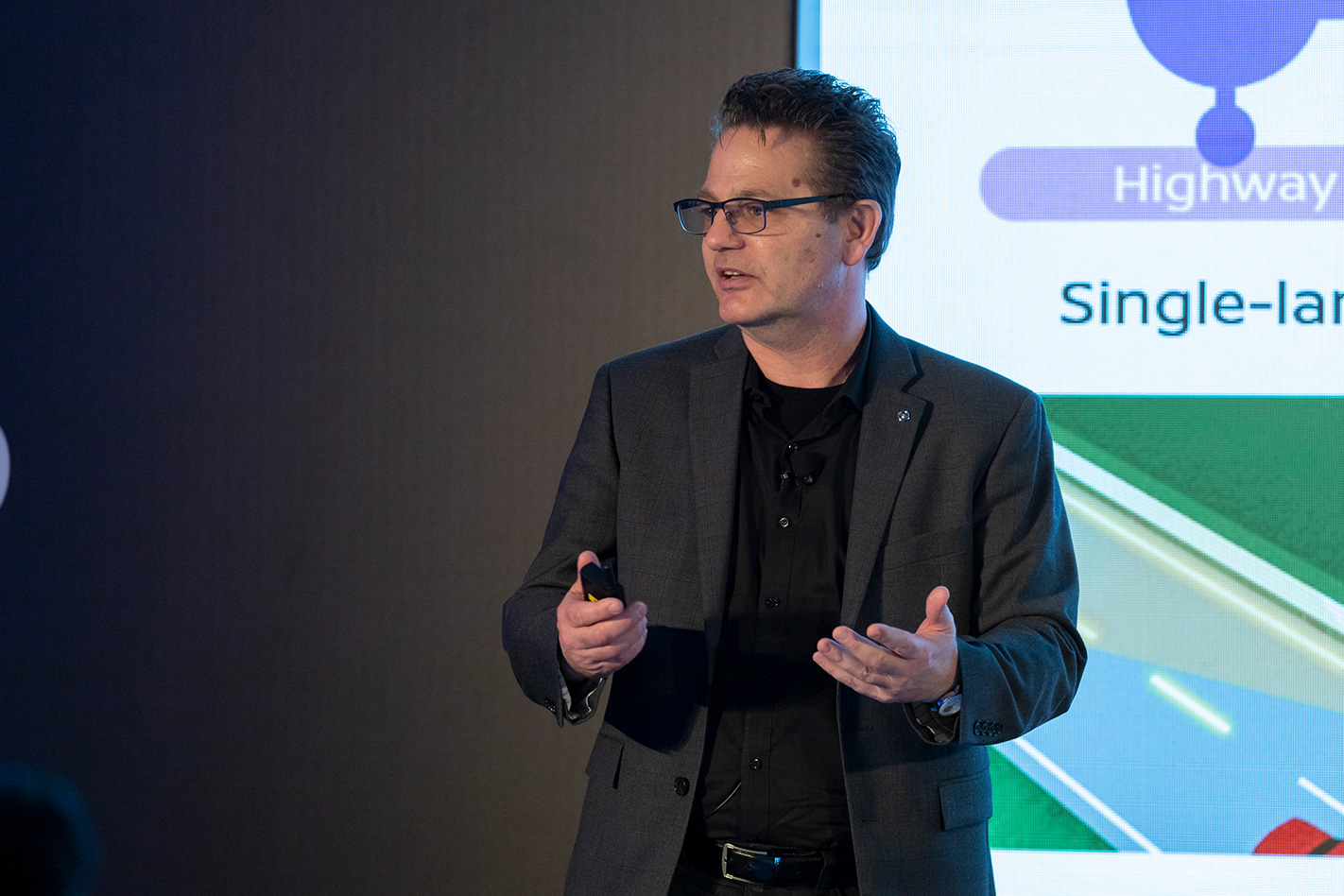
“In space you have just got to avoid the other rocks,” he laughed. “But on earth you have got to avoid a lot of other human beings.
“It is very difficult – the situational awareness, the understanding of the interactions of humans is incredibly complicated.” So there you have it. Negotiating a busy Bunnings parking lot takes more processing power than slingshotting a space probe around two planets to rendezvous with Neptune.
Waymo CEO John Krafcik let slip at the Consumer Electronics Show (CES) earlier this year that truly autonomous Level 5 vehicles which can operate in all conditions with no human input “will never exist”.
This admission from the head of a company which sits on the front lines of the self-driving car battlefront was a shock to many, but not Sierhuis.
The 56-year-old strongly believes that all future autonomous systems will have human oversight as a “non-negotiable”.
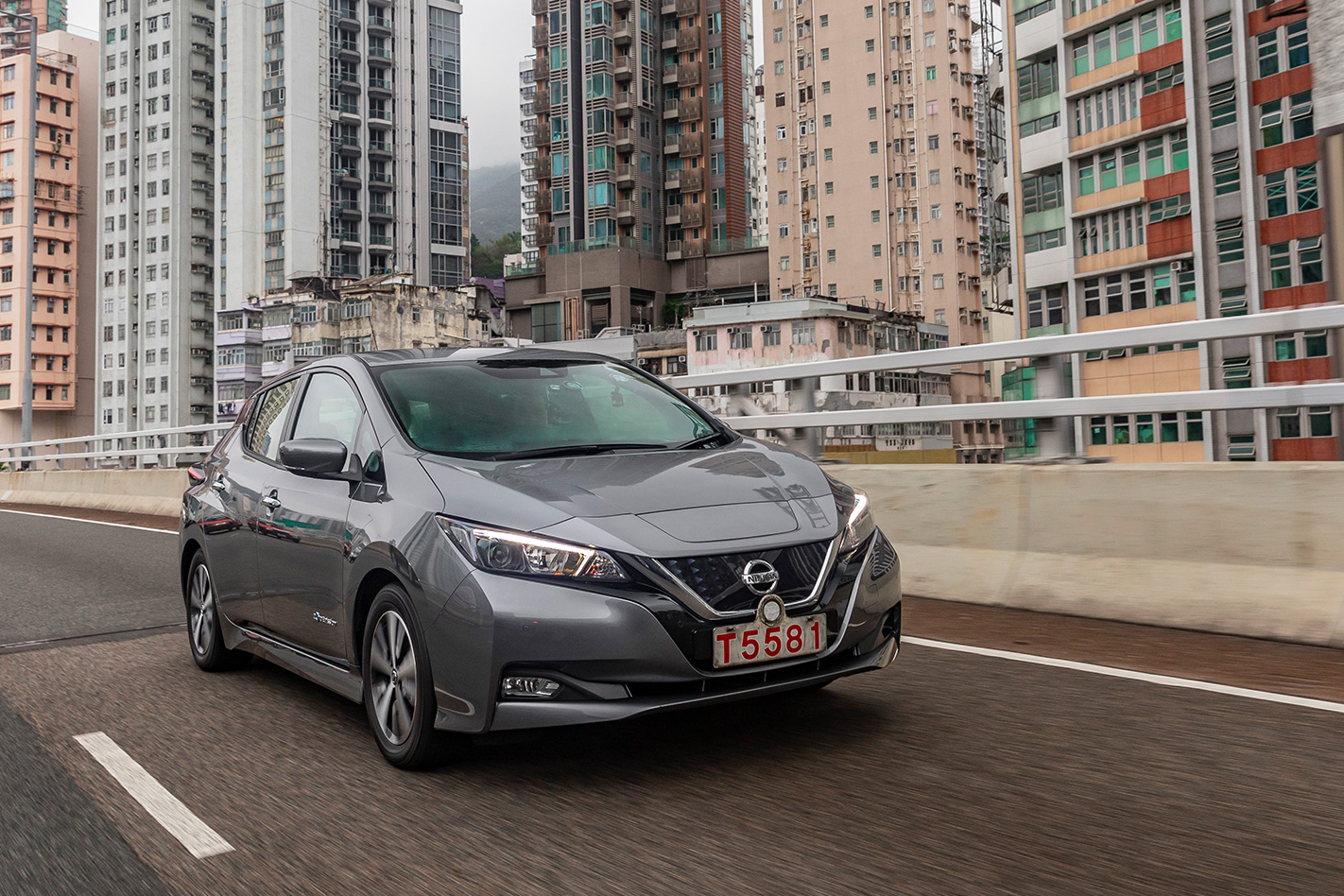
“That’s a personal opinion, but it comes from the background of working at NASA, but it also comes from a background of wanting to be human,” he added.
Nissan’s self-driving products of the future will have a ‘human in the loop’, as Sierhuis puts it, which can override the controls of the car remotely when the autonomous system encounters a situation it is not prepared for.
It’s an ethos that he has brought to Nissan from his time working for America’s space program.

“There are very few people in space,” he said. “But I always say that you can send a spaceship to the end of the universe, but at some point you have to communicate back to the human.”


